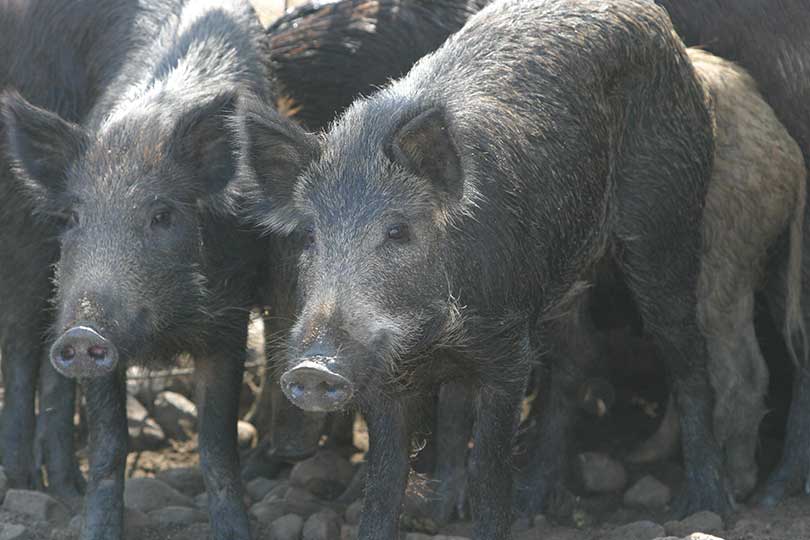By Julie Tomascik
Editor
Germany, which is Europe’s largest pork producer, confirmed its first case of African swine fever (ASF) in a wild boar found near the Polish border on Sept. 10.
The confirmation could be devastating for the country’s pork industry.
Officials in Germany have implemented ASF control measures to help prevent the spread of the disease. Those measures include building a fence around a 4 km radius of the site where the infected animal was found and searching the area for signs of other infected animals.
However, since the initial announcement on Sept. 10, Germany officials have detected five new cases in wild boars.
At this time, ASF is believed not to have impacted the country’s domestic pig population.
Due to the positive cases, many countries started to cut off imports from Germany, according to the American Farm Bureau Federation (AFBF).
South Korea, Japan and China have announced bans on imports of German pork. These announcements will have a significant impact on the German pork industry, which has already been struggling from the impacts of COVID-19.
In 2019, Germany exported nearly 40 percent of its pork products and relied heavily on China as a customer.
Due to China’s pork industry suffering from ASF and now a ban on Germany’s pork imports, U.S. pork producers could send more imports to China.
“Ever since ASF decimated much of China’s hog population, the country has increasingly turned to the world market to source pork, as well as other animal proteins. Germany has been a key beneficiary here, making the cutoff that much more challenging, but so has the U.S. American exports to China stand to gain with China losing one of its other main suppliers,” according to AFBF’s Market Intel analysis.
ASF is a highly contagious and serious viral disease that affects wild and domestic pigs. The virus is found in the blood, tissue, secretions and excretions of sick animals and carcasses. It can also be found in infected ticks or in the environment.
The virus can be transmitted in several ways, including direct contact with infected animals or meat, biting flies or ticks, through indirect contact with feed containing infected pork products and through contact with contaminated objects like clothing, vehicles, fencing and waste.
It is not communicable to humans and does not affect food safety, according to U.S. Department of Agriculture (USDA) officials.
Death typically occurs within two to 10 days.
No vaccine exists currently for ASF, and the mortality rate of the virus is extremely high.
The disease has been confirmed in parts of Africa, Belgium, China, Hungary, Latvia, Moldova, Poland, Romania, Russia and Ukraine.
Click here for a fact sheet from USDA with biosecurity protocols.
Get more information on global pork implications due to ASF in this AFBF Market Intel analysis.

